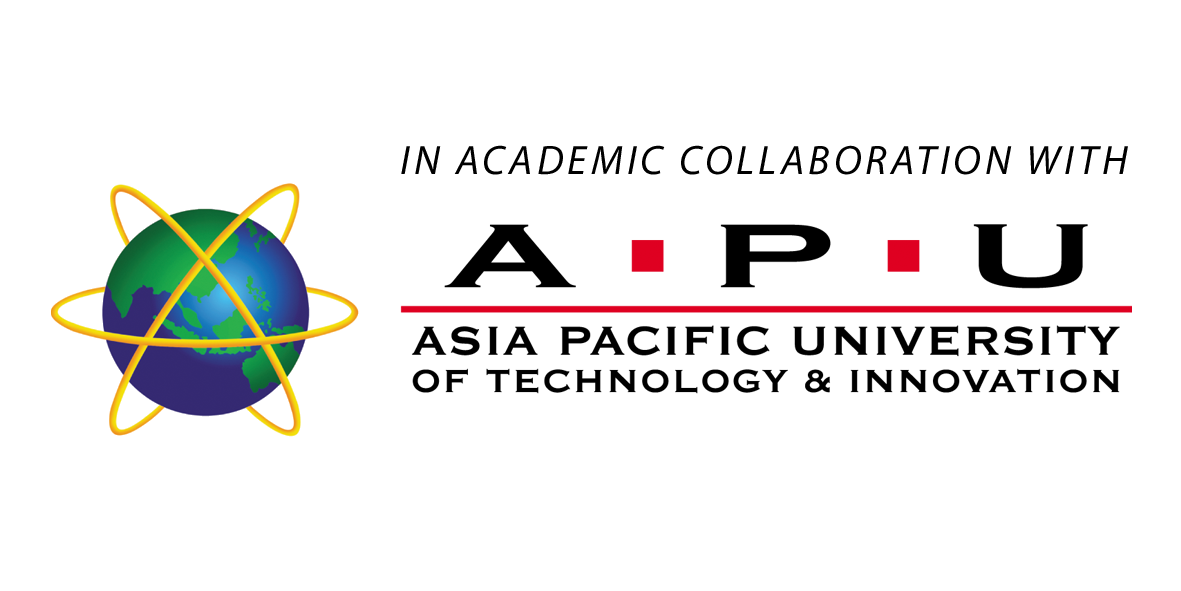
MBA in Nepal | Everything You need to Know
A brief rundown of MBA in Nepal
Masters in Business Administration (MBA) is a course that studies the functionality of a business. The core focus of the course is around the functional aspects of a business such as; Accounting, Human Resource, Statistics, Business Communication, Finance, Marketing and Management.
The study of MBA in Nepal will help in building a career as Business Analyst, Business Developer, Managing Director, Financial strategist, Entrepreneur and many other respectable professions.
Basically, an MBA is a graduate degree that helps you as a tool to climb through the corporate hierarchy.
If a 100 story building is a corporate hierarchy, then MBA would be its elevator. You may use the staircase as well but the elevator would get you there faster.
Benefits of MBA in Nepal
Nepal is a very cultivable field now more than ever with the rapid rise of businesses, startups and corporate sectors. With this growth comes a very high demand of skilled human resources, leadership and analytical skills for the aid of the ever growing business world.
Doing an MBA in Nepal means supplying the demand of the market. The benefits of MBA in Nepal are numerous— among which future-ready your career; building, expanding and diversifying a peer network, exploring new industries and their functions are some of the prime.
Additionally, MBA not only provides better job prospects but also offers high earnings. An MBA graduate is sought after for a managerial role in companies and managerial designations are naturally high paying jobs.
People who decide to shape their own organizations as opposed to working in an existing establishment frequently find that an MBA concurs with their credibility. Companies and investors are more likely to deal with professionals who have a schooling foundation in business, than with somebody without it. An MBA eventually positions up-and-comers as specialists in what they do, which is figuring out the market.
Every industry invites MBA graduates. They can be seen in government as well as private sectors; startups, small, medium or large ventures, corporates or conglomerates. The wide range of career opportunities provide an MBA graduate the leniency to build and accelerate their career track.
It is easier for an MBA graduate to even switch careers. An MBA degree can be efficiently used to pivot yourself into a new industry, new role and even start a career in a new country.
Modern Day MBA practices
After the completion of the course, it can be practiced in a broad range of fields depending on the specialized module of the student. Citing an example, a person specializing in Human Resource and pursuing a career in communication management, workplace-ethics procurement or Human resource management.
- Marketing
- Global Marketing Management
- New Product Development and Innovation
- Integrated Marketing Communications
- Service Marketing
- Finance
- Investment & Risk Management
- Corporate Finance
- Financial Statement Analysis
- International Finance
- Human Resource Management
- Communication and Stakeholder Management
- Procurement Management & Ethics
- HR Management and Leadership
- Managing Organizations
MBA or MBS?
MBS (Master in Business Studies) is a 2-year Post-graduation course, attractive for individuals who need to learn about finance and management. It includes coursework on how to deal with an organization, develop a plan of action, and for the most part maintain a business. It might likewise include the study of accounting, entrepreneurship, finance, marketing, and/or supply chain management.
The point of the program is to foster a comprehension among the up-and-comers about the characterization of business organization and the essential skill set for handling the organization, such as creative, problem-solving approach and sound, logical decision-making.
MBS is reasonable for those up-and-comers who need to expand their insight for speeding up their profession by explaining and obtaining an extensive comprehension of Business Studies.
The degree is centered around theoretical principles and aspects in an academic discipline, for example, Taxation and Business Law, General Management, Economic Analysis, Research Methodology, Management Accounting, Retail Management, Organizational Behavior, Business Environment, and Rural Market.
MBA and MBS are almost the same course that deal with the commerce, finance, marketing and human resource related issues of an economy. While MBS is more theoretically inclined, the MBA approach is more practice-oriented.
Eligibility for MBA in Nepal
The MBA course provides a detailed knowledge of the managerial aspects of a business or an organization which candidates from various fields are eligible to study. To study MBA in Nepal, the candidate must have a bachelor’s degree in a science, management or art stream with a CGPA of 2.0 or a minimum of 45%.
MBA courses are offered by International Universities too, which may have additional requirements such as a standard English test for students whose first language isn’t English. Further eligibility is provided by the entrance exam taken by the university, which tests the candidate’s verbal, quantitative and creative abilities which are judged by issue-based essay writing.
MBA Course Focus
MBA focuses on a person’s characteristic building. It enables the application of best practices to address administrative issues, coordinate hypotheses and practice to perform strategic analysis, and show compelling written forms of correspondence and oral business presentations.
Numerous concentrations of MBA are available to choose from. Each concentration is tailored to the field of business the student has worked in as of now, or expects to work in the wake of finishing their MBA.
A general MBA curriculum gives students a broad schooling in an expansive scope of business and its management. The core area of studies in a general MBA program is listed below.
- Managerial communication
- Economics for Firm
- Organizational Behavior
- Financial Reporting and Control
- Marketing Analysis and Strategy
- Emerging Concept and issued in Management
- Statistics for Managers
- Managerial Communication
- Data Management
- Management Accountancy
- Business and the National Economy
- Information System in Organization
- Human Resource Management
- Corporate Financial Analysis
- E-marketing
- Business Research Methodology
- Entrepreneurship and Small Business Management
- Business Environment Analysis
- Operations and Process Management
- New Venture and Market creation
- Experiential Learning
- Graduate Research Project
- Strategic Management
- International Business
- Career Development and Self Marketing
- Graduate Research Project
MBA Cost in Nepal
The cost of MBA in Nepal, while low compared to MBA in foreign countries, is still higher than other management streams. It generally costs around 3 lakhs to 6 lakhs to complete an MBA in Nepal.
However, the Return of Investment (ROI) is quite high in this field, as the starting salary of an MBA graduate is around 6 lakhs per annum and go upto 1.5 lakhs per month or higher in a very short period of time.
MBA for Professional Growth
- MBA provides an excellent knowledge of an organization, which can help you in managing a present organization.
- It helps you in establishing, and running your own venture or business, as MBA helps in building excellent managerial skills
- MBA helps you develop dynamic entrepreneurship and business expertise.
- An MBA can enhance your marketability as a professional and increase the window of job opportunities quantitatively as well as qualitatively.
- MBA helps you to expand your professional network in a much broader spectrum.
- MBA boosts your research, analysis and risk management skills, which can aid you professionally and personally.
- An MBA can give you instant professional credibility through the degree and gain you massive respect among your professional peers and circles.
MBA for Personal Growth
- You can lead a formidable group of people because of the general communication skills and instant decision making skills MBA helps build.
- MBA teaches the art of time management as students have to juggle through various projects with a huge academic course load hanging over them
- MBA assists you with smoothing out your authoritative abilities and really assists you with carrying it out in your everyday life.
- Through participation in programs specifically designed to reassess your critical thinking approach, MBA imparts broader perspectives and better instincts.
MBA Scope in Nepal
MBA is one of the biggest job oriented professional programmes which has been sought by the students. It opens doors to the most reputed managerial, administrative as well as executive designations. Some high paying designations of an MBA graduate in Nepal are
- Project Manager
- Business Development Executive/ Manager
- Product Manager
- Marketing Manager/ Executive
- Analytics Manager
- System Manager/ Executive
- Data Processing Manager
- Business Analyst
- IT Manager/Consultant
- Information Systems Managers
- Systems Analyst
- Market Research Analyst
- Sales Manager/Executive
- Media Planner
- Internet Marketing Manager
- Supply Chain Manager
- Logistics Manager
- Inventory Control Manager
- Operations Manager
Apart from the pre-defined designations in an established company, MBA aids candidates in planning, engineering and executing their own business ideas via the entrepreneurial skill set it teaches. It is highly recommended to an MBA graduate as Nepal requires business growth for its economy.

